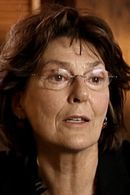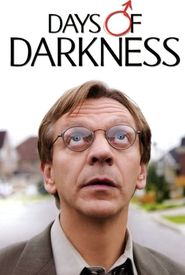In 1969, alongside fellow actors, she made the bold decision to decline her diploma from the Ecolenationale du theatre, a courageous act of protest against the institution's rigid approach to theatre and a passionate plea for creative freedom and improvisation by the actors.
This pivotal moment marked the beginning of her journey with like-minded artists, including Pierre Curzi, Gilbert Sicotte, and others, as they came together to form the innovative theatre company 'le Grand cirque ordinaire', dedicated to the art of improvisation.
As an actress, she appeared in several notable films, including Réjeanne Padovani (1973) under the direction of Denis Arcand, and later in movies directed by Anne-Claire Poirier. In 1975, she made her directorial debut with the short film Anastasie ohma cherie.
However, it was her 1979 film La cuisine rouge that truly solidified her reputation as a trailblazer for women in cinema, as it told the powerful story of women's revolt against their oppressive, macho friends in a party. This groundbreaking film served as a stepping stone for future generations of female filmmakers.
After a brief hiatus from directing, she returned to acting, collaborating with esteemed directors Léa Pool and Claude Jutra. Her sole feature film as a director was a TV movie released in 1991.
Her next major screen release came in 1993 with Le sexe des étoiles, a thought-provoking exploration of the complex relationship between a daughter and a father who had undergone a sex change.




























